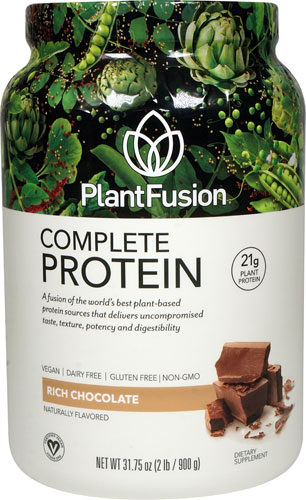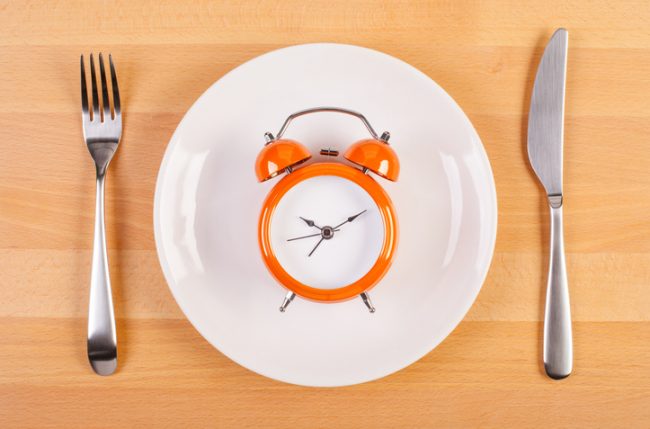Eating fewer calories will help you stay slim, but can it also lengthen your lifespan? Possibly, say some experts.
Rhesus monkeys that eat a lower-calorie diet live longer, healthier lives than monkeys that don't know when to push away from the dinner table, according to an analysis of study data published last month in the journal Nature Communications.
But before you lay down that fork and starve yourself into a ripe old age, nutrition experts have some words of caution.
"The term 'hangry' is a thing for a reason," says Ruth Frechman, a Burbank, California-based registered dietitian nutritionist and author of "The Food Is My Friend Diet."
"It takes a very strong person to live and work all day being hungry," she says. "The human body needs enough calories for energy to function properly."
She adds that "there doesn't seem to be positive evidence or undeniable proof" that the low-calorie longevity benefits that appear in monkeys will translate to humans.
The downside of calorie restriction
Manhattan Beach, California-based registered dietitian Lori Zanini also discourages people from simply focusing on cutting calories.
"We can't look at the way we eat just in terms of calories," she says. "I could eat (just) 500 calories of Doritos every day, but is that really going to prolong my life?"
The author of the "Eat What You Love Diabetes Cookbook" echoes Frechman's doubts about the sustainability of a diet based on severely restricting calories.
"If people go too low, they are going to be very hungry," she says. "That decreases their ability to follow any low-calorie diet for the long term."
In fact, it's more likely you will cycle on and off a restricted-calorie regimen. That will cause your metabolic rate to slow down. When you start eating a regular diet again, your body might react by storing the food instead of using it for energy, resulting in weight gain.
"Sometimes things sound good in theory," she says. "But in practice, it's not sustainable."
Benefits of cutting some calories
Still, that doesn't mean people can't benefit from eating fewer calories, Frechman said.
She recommends a diet that features more low-calorie fruits and vegetables, which are loaded with hundreds of phytonutrients. Humans who eat such produce reduce their risk of heart disease and cancer.
"It's important to choose from a wide variety of colors and flavors," Frechman says. "It shouldn't just be apples or broccoli."
Zanini also urges you to eat more vegetables, especially those that are nonstarchy. Such vegetables are "quite low in calories and quite high in nutrients," she says. They also have a lot of fiber and digest more slowly, which will cause you to feel full longer.
Lean sources of protein – either plant-based, or meats like fish and poultry – are another good way to reduce calorie intake, she says.
As you switch to a lower-calorie diet, pay close attention to how your body reacts, Zanini says.
"Everyone needs to figure out what is feeding their body the best," she says. "Do they have energy? Can they think clearly? Do they just feel well generally?"
She adds that your diet should not slip under 1,200 calories a day. "That's low, in my estimation," she says.
Frechman says moderation and balance are "the name of the game." A high quality of life is more important than starving yourself simply on the hope that you might live a little longer, she says.
"A good goal would be to live life to the fullest, enjoy each day and be happy," she says.




